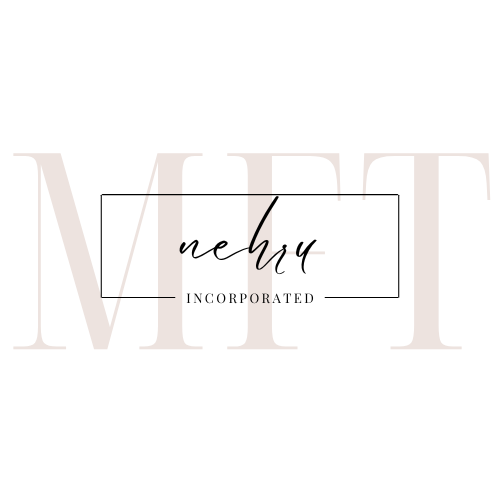My Therapeutic Approach
In my eyes, every client is unique and so every client will need a different clinical approach to treatment. I am flexible in the interventions I utilize and the role I play in therapy depending on what my client’s presenting problems and goals are. Generally, therapy with me can look one of two ways.
1: Goal-oriented - this means that you are wanting specific symptom relief (like learning to manage anxiety about work, decreasing substance use, or improving your relationship with your parent, as examples). This type of treatment is usually shorter and more targeted than insight-oriented treatment.
2: Insight-oriented - this means that you are wanting to learn about yourself, make sense of things that have happened to you, and discover more of what makes you happy and what you want your life to look like moving forward. In these session, I’ll ask the “how does that make you feel” question (probably in a more subtle way), I’ll give you space to explore silence and dig deeper, and I’ll empower you to truly live the life that you want. In my work, I gravitate towards an attachment-based and Internal Family Systems lens. Insight-oriented treatment tends to be long-term work that helps you develop your whole self.
And the best part? Our work together can take the form of both goal- oriented and insight-oriented treatment. Sessions can vary from week to week depending on your needs. My only agenda for therapy with you is to meet you where you are at.
Therapeutic modalities I gravitate towards in my clinical work:
CBT: Commonly referred to as CBT, Cognitive Behavioral Therapy seeks to identify the relationship between your thoughts, feelings, and behaviors. CBT theorists believe that emotional distress stems from an individual's maladaptive thought patterns and beliefs about themselves and the world around them. In essence, the way you feel is directly connected to the way you think. This treatment aims to recognize and challenge a client's cognitive distortions, some of which include catastrophizing, black-or-white thinking, and over-generalization.
Psychodynamic Strategies: Stemming from Sigmund Freud's Psychoanalytic Theory, Psychodynamic Therapy employs reflection of past relationships and experiences to understand and process present problems. Therapists who utilize this modality operate with the belief that our thoughts, emotions, and actions are rooted in the subconscious and are influenced by childhood experiences.
Person-Centered Approach: In contrast to CBT, which focus on behavioral change, Person-Centered Therapy (also known as Rogerian Therapy or Client-Centered Therapy) focuses on the relationship between client and therapist. The goal of Person-Centered Therapy is to empower the client to find their own solutions and fulfillment through acceptance, congruence, and empathic understanding.

